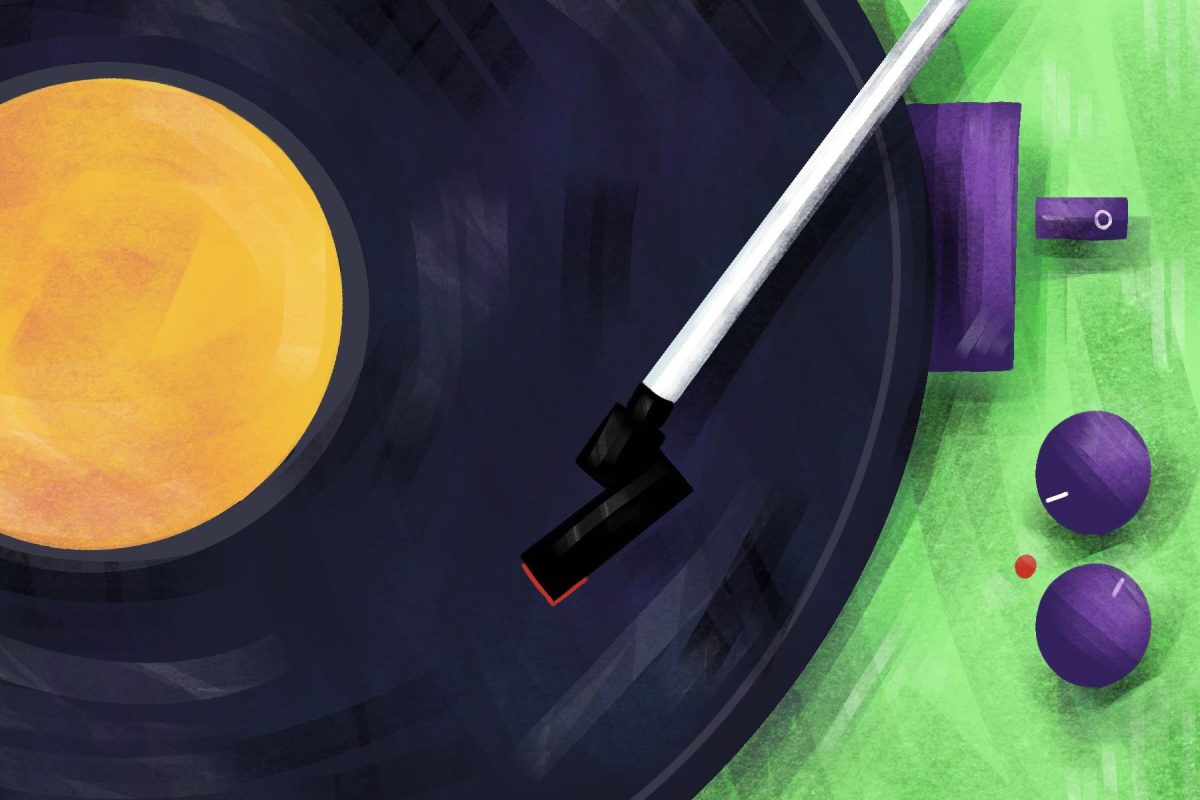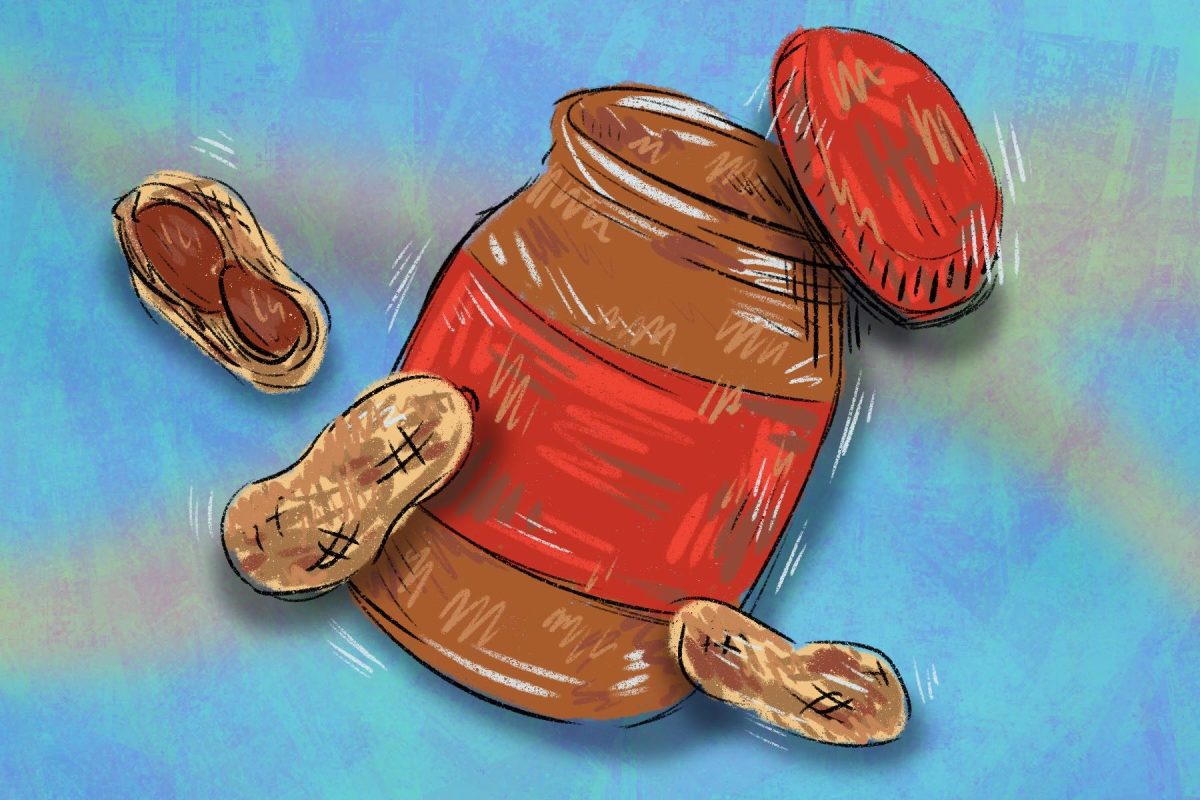To say that Alabama’s prison system is notorious would be quite an understatement. From deadly conditions, to wrongfully convicted inmates, to botched and experimental executions, the state’s prisons have churned out unnerving headlines for decades.
Now, Alabama prisons are in the news again, this time for … organ harvesting.
Since December 2023, families of deceased inmates have begun to share horror stories of their relatives’ bodies being returned with missing internal organs after being autopsied at the University of Alabama at Birmingham. The UAB medical school has reportedly been performing autopsies for the state’s prisons since 2006.
Most families do not assume they will need to pay for a second autopsy, especially with Alabama law explicitly disallowing organ harvesting without family consent. However, this has clearly not stopped UAB from taking prisoner organs with sole approval from correctional facility officials.
Families of inmates like Kelvin Moore, who died in state custody in July 2023 and was returned with missing organs, are now pursuing legal action — but nobody is willing to take the blame. UAB claims to have operated within proper jurisdiction, as does the state’s Department of Forensic Sciences, as does the Alabama Department of Corrections.
Fingers are being pointed in a circle, and no one is taking responsibility for the added grief these families are experiencing. Not only must they mourn the loss of a loved one, they must also process the reality that their loved one’s body was violated, mutilated and controlled by the state, even in death.
It has been apparent for a long time that Alabama prisons are inhumane, but they are clearly not satisfied with just killing prisoners (directly or not), they must also desecrate their corpses and traumatize their families. From our perspective as students in the university system, the role played by UAB in this process is all the more disturbing.
Not only does the UAB medical school play an active role in extracting prisoner organs, it has also helped to conceal this process from families of the deceased. When UAB medical students raised concerns about the practice in 2018, their concerns were swept under the rug, and the university assured them that families rarely opted out from the organ removal process.
However, the reality is that the families of these convicts were never even made aware that this procedure was taking place, let alone that they had the option to say no. Assumed consent is no consent at all, and UAB, along with the other state apparatuses involved, should be held accountable for their blatant violation of families’ rights.
UAB, and thereby the university system at large, is complicit in the continued dehumanization of Alabama’s incarcerated population.
On their face, universities are a testament to the worth of individuals, to individuals existing as ends in themselves, an end that is benefited by the means of education and the fulfillment of potential. But instead, UAB helps the Alabama prison system use its inmates as a means to an end — a supply of research material without concern for the intrinsic value of each person’s life or memory.
And need we state the obvious? Alabama’s prison population is disproportionately Black. While around 28% of Alabamians are Black, Black Alabamians make up about 43% of the state’s inmates as of 2019. Given the history of racial discrimination in the state, it is hard to believe that there would not be greater outrage at the grisly practice of harvesting inmate organs without familial consent if it were happening to whiter and wealthier Alabamians.
What the departments of Corrections and Forensic Sciences, alongside UAB, are doing to Alabama’s convicts and their families is reprehensible. Ironically, these institutions are in dire need of accountability, just consequences, and rehabilitative change.









